- Overview
- Symptoms
- Causes & Risks
- Tests & Diagnosis
- Treatment
- Living With
- Complications
- View Full Guide
11 Great Life Hacks for Those With ADHD


Living with Adult ADHD
ADHD can interfere with your daily tasks. For most adults, ADHD causes restlessness, trouble paying attention, and impulsivity. With medication, counseling, and some adaptive skills, though, you can learn new and better ways to cope with your ADHD.

Write Lists
Writing to-do lists is a great way to keep track of the tasks you need to complete for the day. You don’t have to worry about remembering or forgetting your responsibilities, and the habit helps you stay organized. Make your list simple and realistic. Don’t try to do too much.
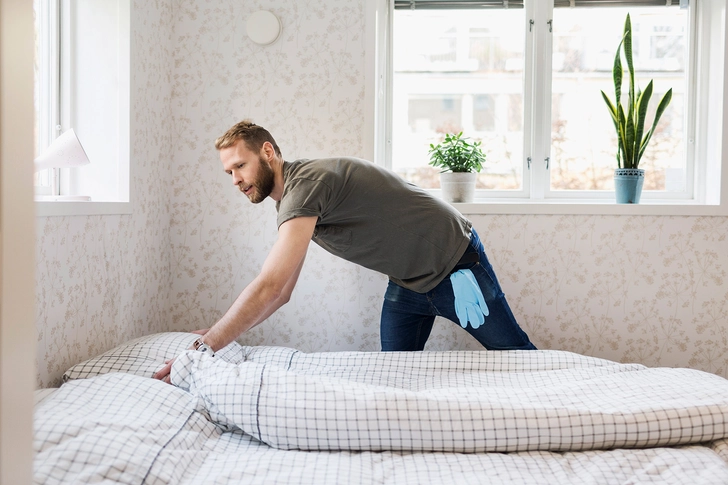
Break Down Large Tasks
Big tasks are overwhelming and hard to start. Breaking them down into smaller tasks, though, makes them more manageable. If you need to clean your bedroom, write down a series of smaller jobs. For example: make the bed, empty the garbage, wipe down the side tables, vacuum the carpet.
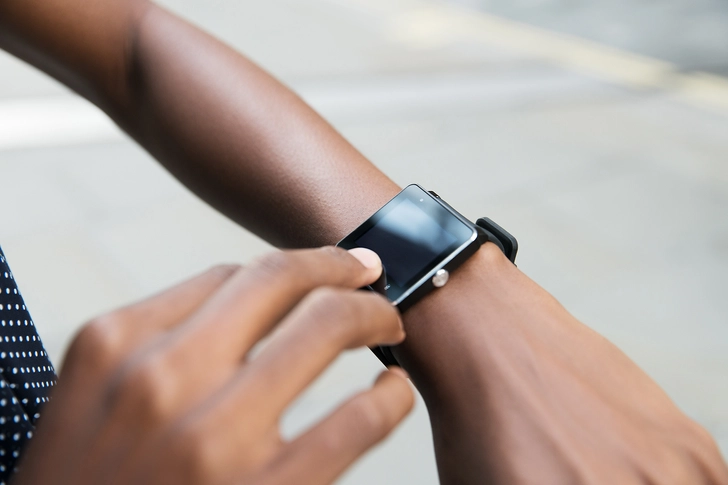
Add 10 Minutes
Adults with ADHD sometimes have trouble with planning and time management. Estimate how much time you need and then always give yourself an extra 10 minutes.
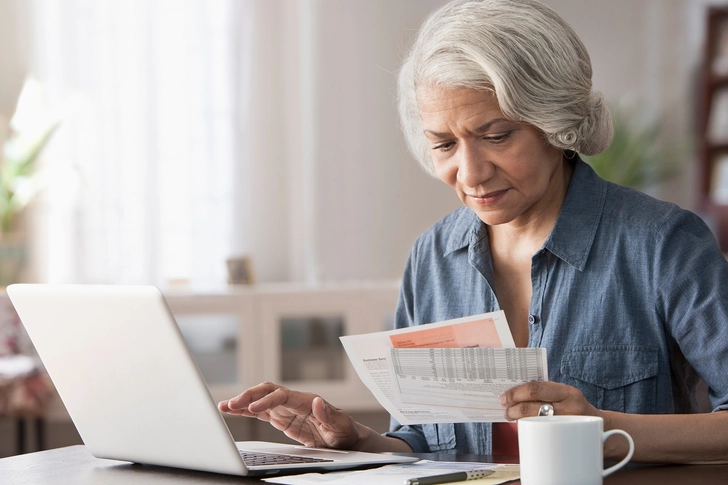
Automate Bill Payments
ADHD symptoms often include trouble finishing tasks and forgetfulness, which can quickly cause problems for your finances. Ask to have your paychecks automatically deposited and then set up automatic payments for as many bills as you can so you don’t forget to pay them.
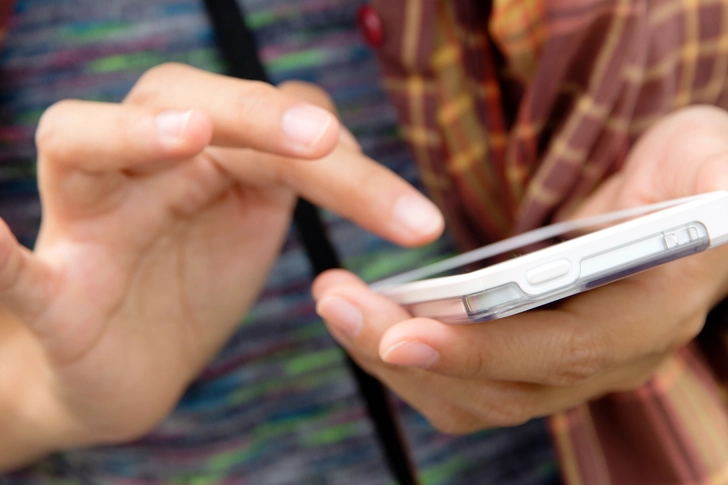
Set up Reminders
Adult ADHD also often causes problems with procrastination and impulsivity. You might find that you put off your responsibilities and do something spontaneous instead, which can lead to unfinished work and other consequences. Set up reminders on your phone for deadlines, bill payments, appointments, or other commitments.

Create a Routine
Structure and routine are important for adults with ADHD. Having a pattern to follow makes it easier for you to know what’s next and helps you stay focused and on-task.
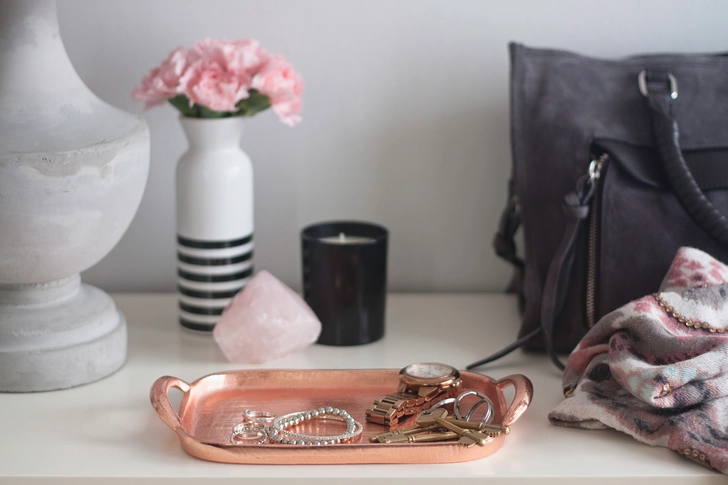
Make a Landing Pad
If you lose or misplace your belongings a lot, create a landing pad in your entry. Make a designated spot for your keys, wallet, shoes, and other items so you know exactly where to find them.

Get Therapy
Adults with ADHD often have a low frustration tolerance, lots of mood swings, and a hot temper. Years of living with frustration and criticism can also affect your emotional state. Talking to a therapist, though can help you learn better ways to cope and manage your emotions and moods.
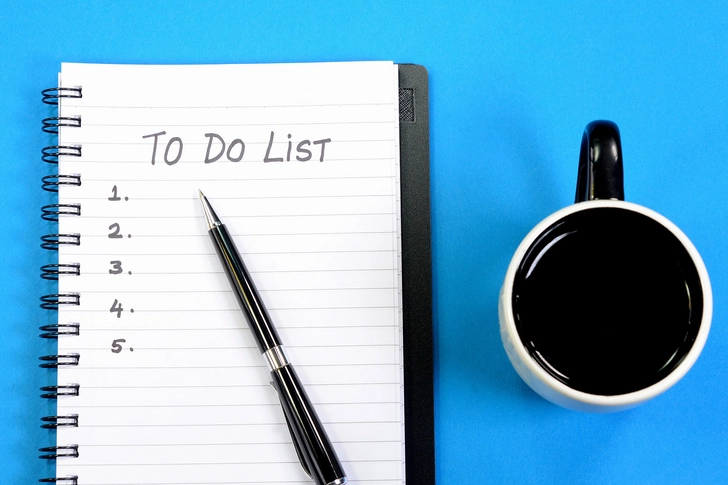
Ask Yourself What Comes First
It’s hard to know what to do first when you have ADHD. Boring tasks might seem less important, but ask yourself what you must do first before you do something new. Then, do it. Don’t put it off. Sometimes numbering your to-do list can help you know what to do next.
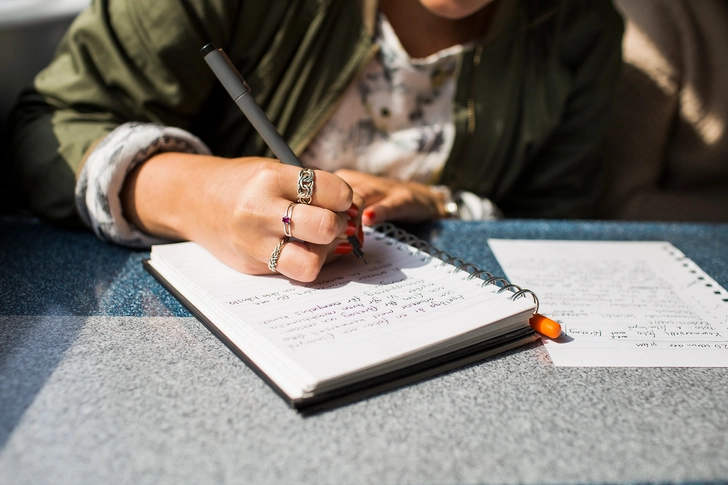
Write Down Your Ideas
Carry a notebook with you and keep one in all your common spaces, like by your bed and desk. If you get a new idea in the middle of another task, write it down and remind yourself to come back to it later.

Exercise Daily
Restlessness and excessive activity are also common ADHD symptoms. Engage in an intense workout every day to help use up some of your energy.
PHOTO EDITOR:
1. E+ / Getty Images
2. E+ / Getty Images
3. The Image Bank / Getty Images
4. Maskot / Getty Images
5. Stone / Getty Images
6. DigitalVision / Getty Images
7. iStock / Getty Image
8. iStock / Getty Images
9. iStock / Getty Images
10. Moment / Getty Images
11. Moment / Getty Image
12. Image Source / Getty Images
13. iStock / Getty Images
SOURCES:
Mayo Clinic: “Adult attention-deficit/hyperactivity disorder (ADHD).”
Children and Adults with Attention-Deficit/Hyperactivity Disorder (CHADD): “Time Management and ADHD: To-Do Lists.”
American Academy of Family Physicians: “Managing Adult ADHD.”
HelpGuide.org: “Tips for Managing Adult ADHD or ADD.”
Children and Adults with Attention-Deficit/Hyperactivity Disorder (CHADD): “Organizing the Home and Office Space.”